Phonics development Worksheets for 4-Year-Olds
5 filtered results
-
From - To
Discover engaging phonics development worksheets designed specifically for 4-year-olds! Our collection fosters early literacy skills through fun activities that introduce letter recognition, sound associations, and simple word formation. These worksheets are crafted to inspire young learners and enhance their phonemic awareness in a playful environment. With a variety of exercises, children can expand their vocabulary while enjoying colorful illustrations and interactive challenges. Perfect for both home and classroom use, these resources help prepare preschoolers for future reading success. Explore our phonics worksheets today and empower your child's journey towards independent reading and writing!
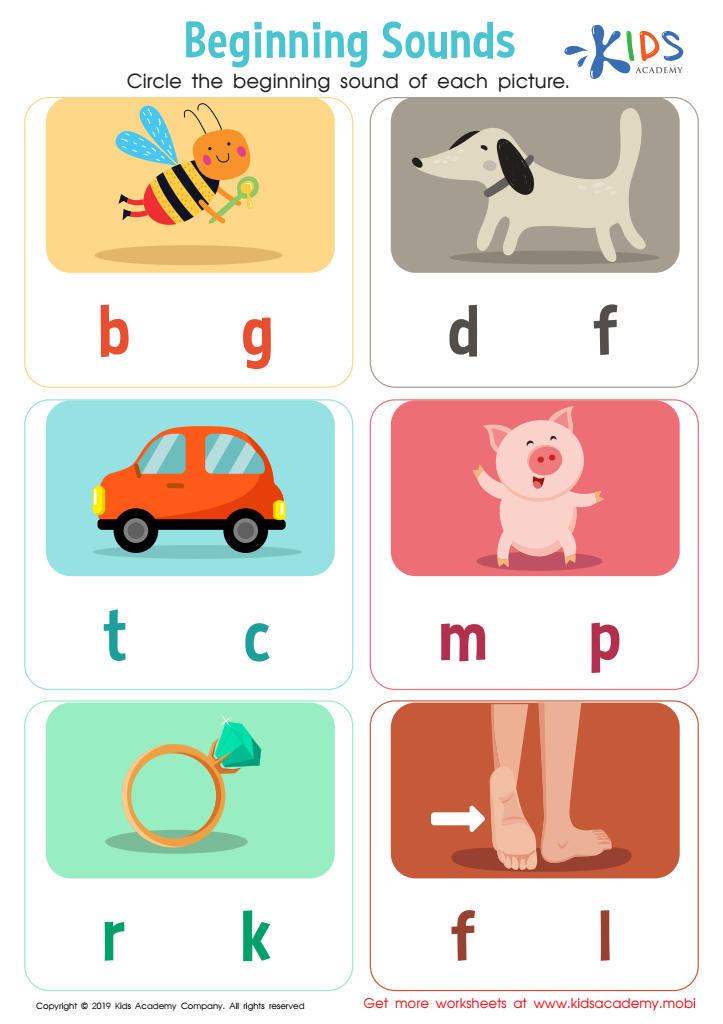

Beginning Sounds Worksheet
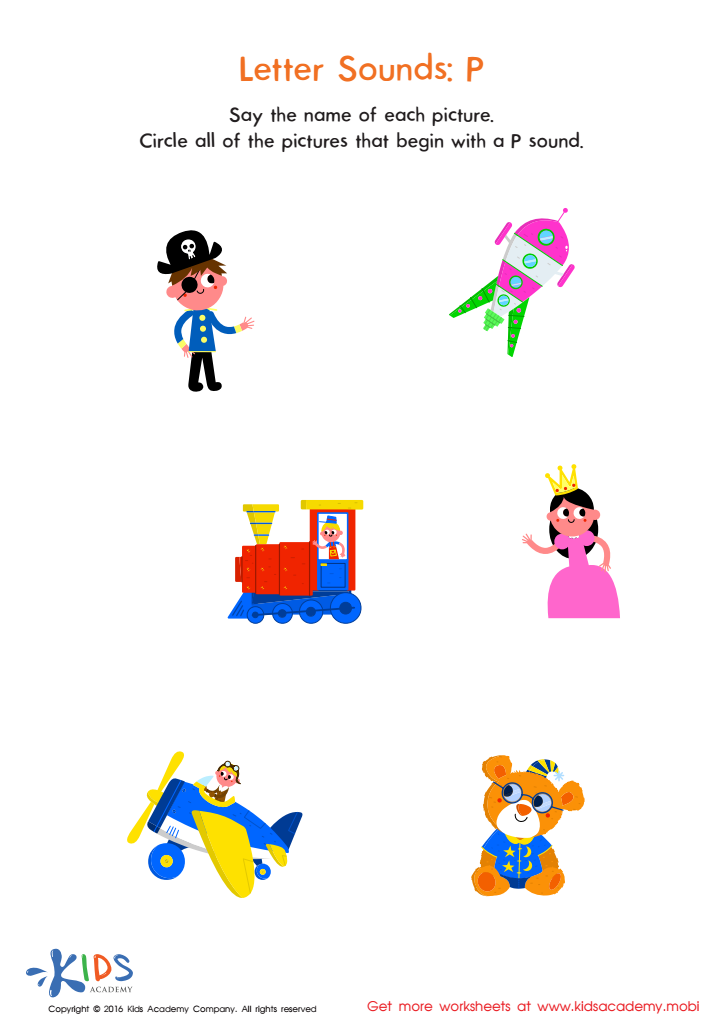

Letter P Sound Worksheet
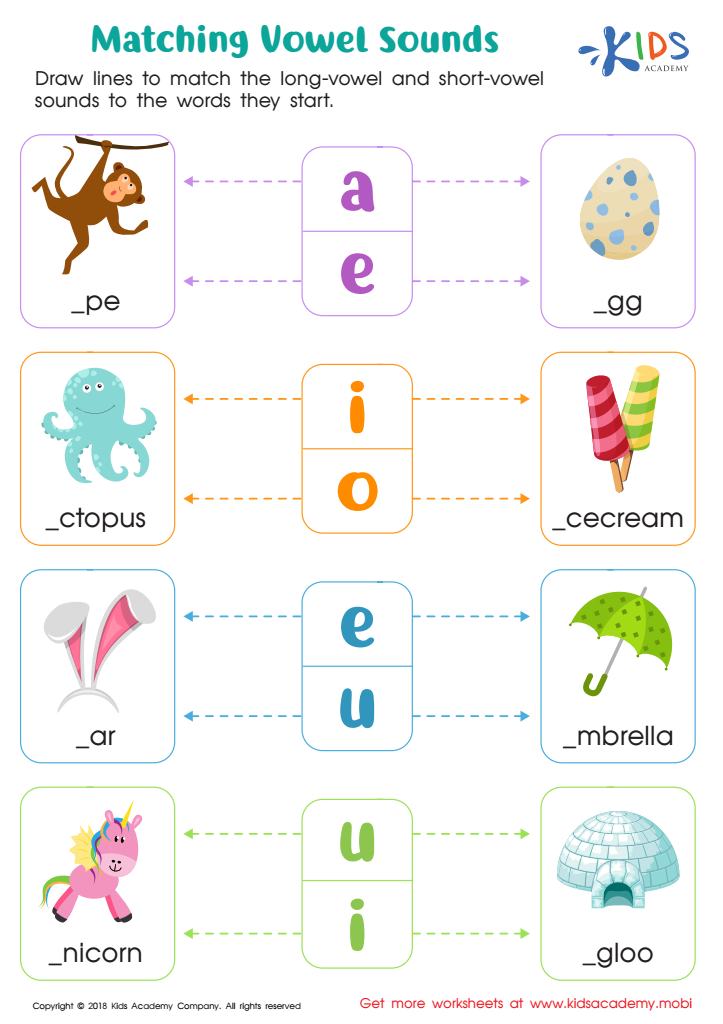

Matching Vowel Sounds Worksheet
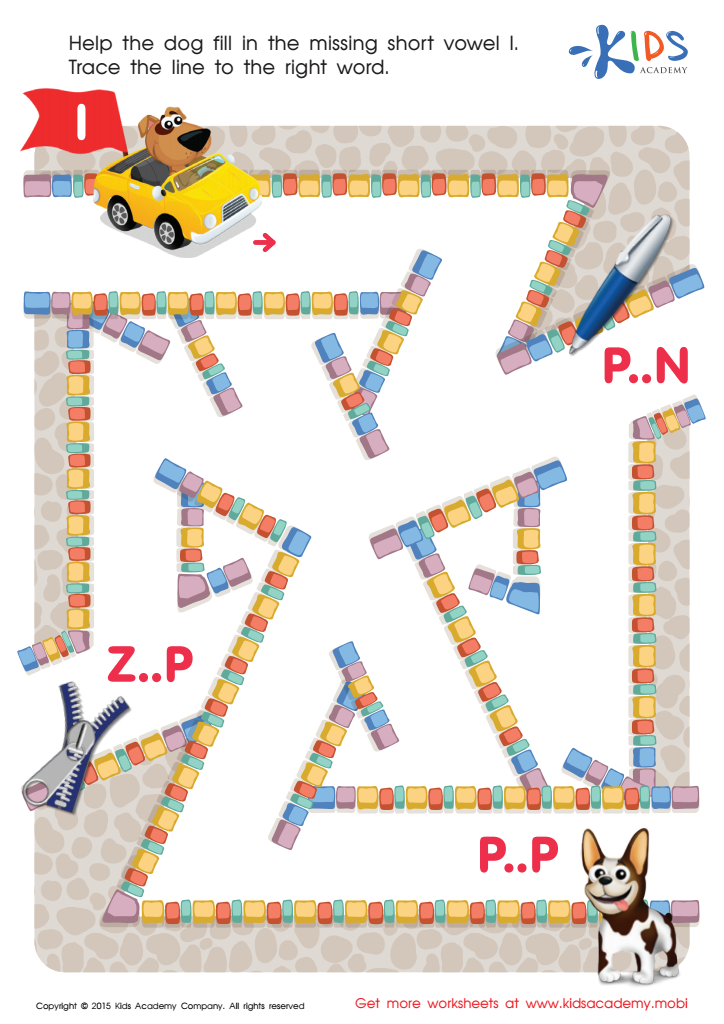

Short Vowel Sound I Worksheet
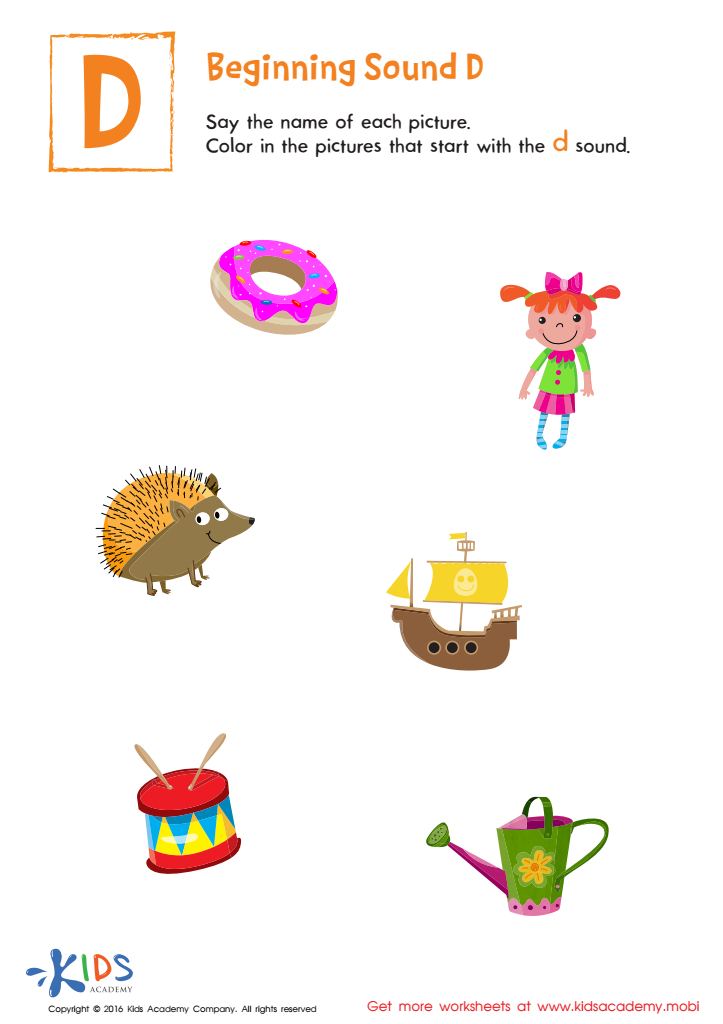

Beginning Sound D Worksheet
Phonics development is crucial for 4-year-olds as it lays the foundation for early literacy skills. At this age, children are naturally curious about language, making it an ideal time to introduce phonemic awareness—the ability to hear, recognize, and manipulate sounds in words. Engaging in phonics helps young learners connect sounds to letters, enhancing their ability to decode words when they begin to read.
Understanding phonics not only fosters reading skills but also boosts vocabulary development and comprehension. As children learn to sound out words, they gain confidence in their reading abilities, which encourages a love for books and storytelling. This early engagement in literacy can significantly impact their academic trajectory, paving the way for success in school.
Moreover, phonics development is linked to improved writing skills. As children learn the sounds of letters, they can begin to spell simple words, facilitating communication and expression. Parents and teachers should recognize that supporting phonics development not only enriches a child's educational experience but also promotes critical thinking and cognitive skills necessary for lifelong learning. Together, they can create a nurturing environment that celebrates language and literacy, ensuring children are well-prepared for future academic challenges.
 Assign to My Students
Assign to My Students





















